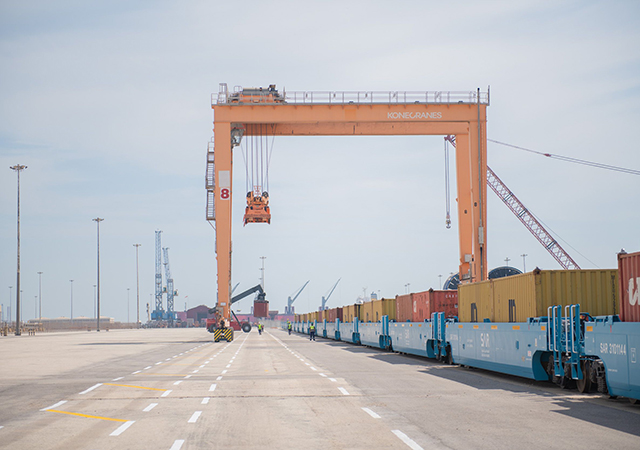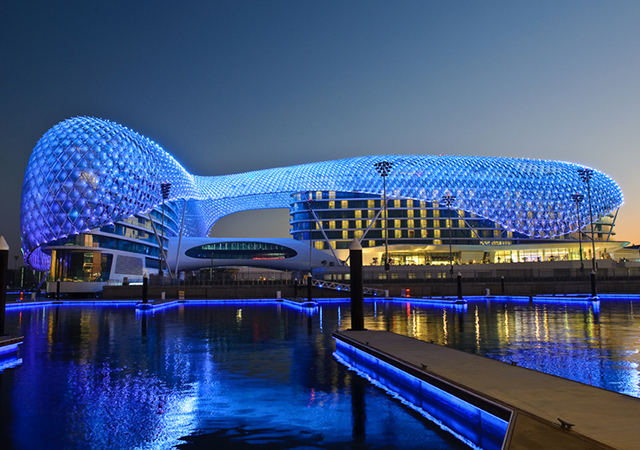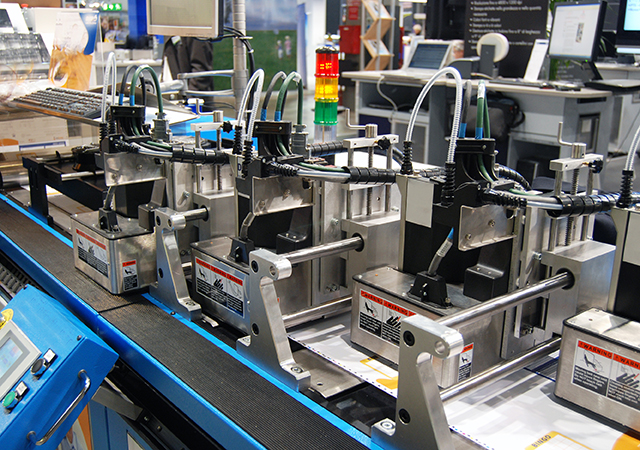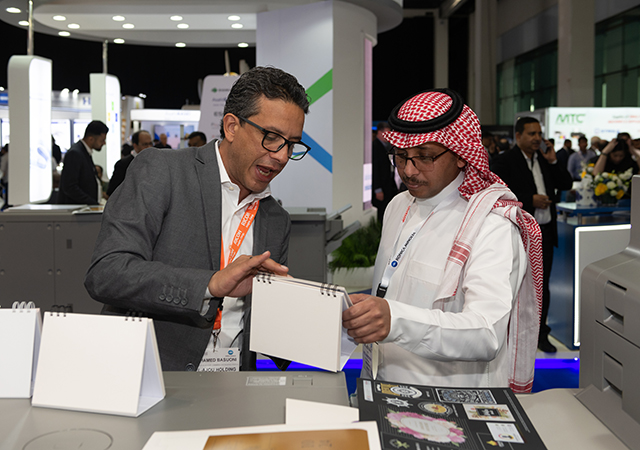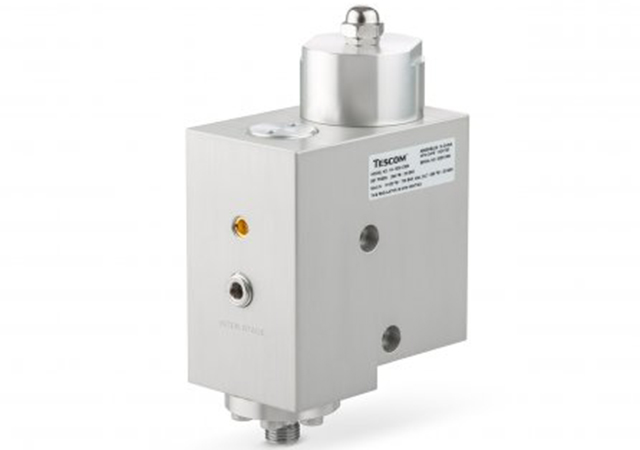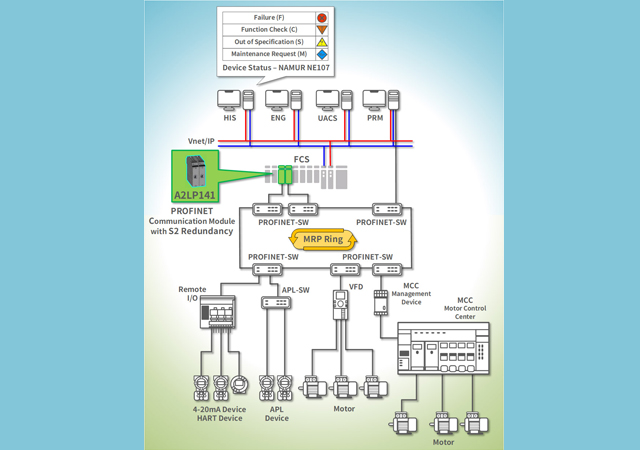

Gulf Industry Magazine helps you catch up with the numbers behind economic and industrial developments in the region.
Global steel fibre market to hit $3.44bn
THE global steel fibre market is expected to reach $3.44 billion by 2026 growing at a CAGR of 7 per cent from 2018 to 2026, a report said.
The Global Steel Fiber Market Analysis 2020 report from ResearchAndMarkets.com says steel fibre blended into the concrete can offer an option to the provision of conventional steel bars or welded fabric in certain applications. Steel fibre is utilised where control of crack propagation is generally noticeable in design. Steel fibre exhibits better matrix anchorage at high deformations and enormous crack widths, longer, heavily deformed fibre affords better post-crack strength.
Factors such as growing construction spending in emerging countries and rising focus on infrastructure are driving the market growth. However, synthetic fibres replacing these fibers in certain applications is hampering the market growth, it says.
Based on type, the hooked segment is going to have a lucrative growth during the forecast period as these fibres are used in concrete reinforcement in hydraulic structures, airport and highway paving, industrial floor, refractory concrete, bridge decks, shotcrete linings, and explosion resistant structures and enhances initial crack strength and provides post-crack strength.
The key vendors mentioned in the report are: Zhejiang Boean Metal Products, Yuthian Zhitai Steel Fiber Manufacturing, Spajic Doo, R. STAT, Nippon Seisen, Hunan Sunshine Steel Fiber, Green Steel Group, Fibrometals, Bekaert, Arcelor Mittal, Onward Chemicals, Kosteel, Precision Drawell, Fibre Zone and Nikko Techno.
UAE ranks in top 20 in FDI confidence index
THE United Arab Emirates has ranked 19th globally in the 2020 Kearney Foreign Direct Investment (FDI) Confidence Index, up from 21st place when it was last represented in the index in 2017.
The country’s ranking reflects positive investor sentiment based on the government’s strong commitment to economic diversification, innovation, infrastructure and ease of doing business – among other factors.
Positive government policies introduced in 2019, such as introduction of100 percent foreign ownership in 13 sectors of the economy–including manufacturing, agriculture, and renewable energy, as well as strong activity in the technology sector following the United States’ ride-sharing firm Uber Technologies Inc. acquiring the online car booking service Careem Networks for $3.1 billion, have contributed to making the country one of the world’s most attractive FDI destinations.
According the FDI Confidence Index, global foreign direct investment will decline in the year ahead as a result of Covid-19 and the nature and timeline of recovery remain highly uncertain.
Rudolph Lohmeyer, Partner, National Transformations Institute, Kearney Middle East, said: “The UAE’s commitment to good governance, innovation, infrastructure and the business environment is now paying clear dividends in its foreign investment attractiveness. Investors clearly anticipate that these fundamentals combined with an extremely effective response to the crisis will enable the country to emerge strongly from the Covid-19 crisis.”
“The UAE is also expected to benefit from the entry into force of the Africa Continental Free Trade Area (AfCFTA) through new trade opportunities with African countries, though Covid-19 has delayed the timeline for the agreement.
“The shift of the Dubai Expo 2021is expected to fuel growth and stimulate foreign investment as the world emerges from the crisis,” he added.
The survey was in the field as Covid-19 was starting its spread across the globe, with market shocks just beginning to emerge, and it captures a moment in time in which the world was entering a great storm. At the outset of the survey period, before the spread of the virus, business leaders were reasonably bullish about the global economy and the future of direct investment. Covid-19 appeared to be contained in Asia.
Dubai’s manufacturing index down 1.73pc
THE Producer Price Index of the manufacturing sector in Dubai declined by 1.73 per cent for the January to March period this year compared to the last quarter of 2019 and by 2.66 per cent against the corresponding period in 2019.
report issued by the Dubai Statistics Center (DSC) has accredited the decline to a drop in the prices of several products, including refined petroleum and pharmaceutical products.
Industrial controls security market to hit $12bn
THE Industrial Control Systems (ICS) Security market is set to grow from its current market value of more than $2 billion to over $12 billion by 2026, according to a recent study from market research firm Global Market Insights.
Increasing adoption of connected devices and mounting cyberattacks is accelerating global ICS (industrial control systems) security market size. ICS security solutions mainly include software and hardware components that are utilized to automate and manage industrial procedures like distribution control systems and supervisory control.
Generally, in case of a cyberattack, a company incurs massive financial loss. Over the years there has been a rise in cases of cyberattacks over crucial manufacturing infrastructure. ICS security solutions assist in mitigating these risks. They ensure that the data and information displayed on screens and on control room dashboards are secure.
Growing need to safeguard network end devices like mobiles, laptops, and desktop PCs from cyber threats is majorly augmenting ICS endpoint security segment growth. Adopting endpoint security is beneficial as it offers an encrypted framework to secure network infrastructure from data breaches and other attacks that might result in network malfunction.
In addition, these solutions help strengthen network infrastructure and safeguard weak connections. Based on the aforementioned factors, the ICS endpoint security segment is projected to expand at a CAGR of more than 15 per cent through 2026.
Numerous benefits provided by UTM compared to other security solutions are considered to propel its deployment during the analysis period. UTM solutions offer numerous security functionalities and services that help enterprises save networks from security threats and malware attacks.
They drive diverse security function management using only one administration console. On account of these growth factors, the UTM solution segment is projected to grow at a healthy CAGR of above 20 per cent over the forthcoming years.
Furthermore, technological advancements by companies to reduce cyber risks are complementing regional market outlook. Taking April 2020 for instance, Dragos unveiled Dragos Neighborhood Watch Network Visibility and Threat Detection Services for companies in the industrial sector. This move helped the firm to gain a competitive advantage in the ICS security industry landscape.



